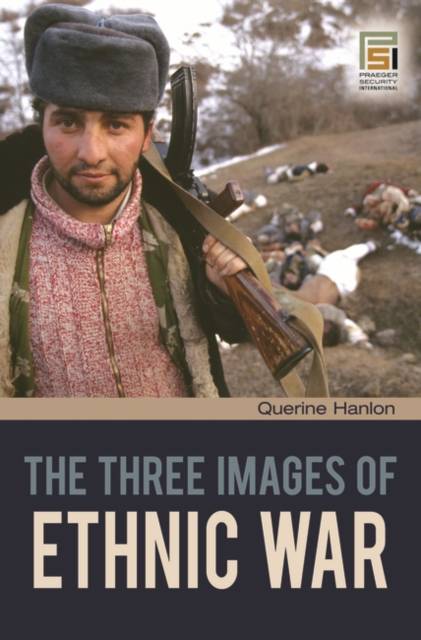
- Afhalen na 1 uur in een winkel met voorraad
- Gratis thuislevering in België vanaf € 30
- Ruim aanbod met 7 miljoen producten
- Afhalen na 1 uur in een winkel met voorraad
- Gratis thuislevering in België vanaf € 30
- Ruim aanbod met 7 miljoen producten
Omschrijving
Why do ethnic groups adopt violent means? In the 1990's, ethnicity emerged as the principle source of organized violence around the world. Ethnic wars were no longer internal conflicts between substate actors; instead they challenged state sovereignty and taxed the international community's ability to respond. Efforts to understand ethnic conflict remain divorced from the study of systemic change and the declining authority, capacity, and legitimacy of weak multiethnic states. This work proposes that the phenomenon of ethnic violence must be understood through a multilevel approach and that finding a solution to ethnic violence is possible only if we have a clear understanding of the sources that spark such violence in the first place.
The Three Images of Ethnic War identifies the causes of ethnic war at three levels of analysis -- the group, the state, and the international. These are the three images of ethnic war. This book places the outbreak of violence within context of the state and the international system in which the violence unfolds. Hanlon examines three violent ethnic wars in Yugoslavia, Nagorno-Karabakh, and Iraq. Yugoslavia's violent ethnic wars, the war over Nagorno-Karabakh, and the violent conflict between Kurds and Arabs in Iraqi Kurdistan demonstrate that ethnic violence is a complex and multifaceted occurrence. Hanlon argues that the numerous reasons why groups adopt violent means can only be understood through a multilevel framework of the three images of ethnic war and the interrelationship among them.Specificaties
Betrokkenen
- Auteur(s):
- Uitgeverij:
Inhoud
- Aantal bladzijden:
- 224
- Taal:
- Engels
- Reeks:
Eigenschappen
- Productcode (EAN):
- 9780313356827
- Verschijningsdatum:
- 30/04/2009
- Uitvoering:
- Hardcover
- Formaat:
- Genaaid
- Afmetingen:
- 157 mm x 236 mm
- Gewicht:
- 498 g

Alleen bij Standaard Boekhandel
Beoordelingen
We publiceren alleen reviews die voldoen aan de voorwaarden voor reviews. Bekijk onze voorwaarden voor reviews.









